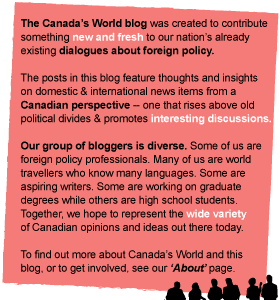Nationalism and the plague of the past: the uncomfortable social position of Afrikaaners in South Africa’s Rainbow Nation
In my last post I spoke about the so-called plight of the white men in South Africa today. Beyond potentially diminishing their economic opportunities, such inherent ties to historical oppression also plagues their collective conscience within this post-Apartheid “Rainbow Nation.” The pride of the white population, and specifically the Afrikaaner population, is tested, both by themselves and by those around them: how can one be proud of your history, identity, and even family, when such a history is connected to one of the greatest, and most condemned, crimes against humanity?
Apartheid was a construct of a group of Afrikaans people; their language, history and culture, therefore, remain largely synonymous with the oppressive regime. And so while many of the young Afrikaans people I meet today are equally excited about the new South Africa as their fellow citizens, they occupy an uncomfortable social space where they are both still connected to their families’ past, their language, and their collective culture, while also critical and often embarrassed by it. Regardless of their political or social ideals, young Afrikaaners can seem to do no right; they are trapped by the mistakes of the past.
Yet surprisingly, out of this guilty space has sprung an incredible Afrikaans youth movement, marked mostly by cutting edge art, music, poetry, and theatre. The Cape Town scene is abuzz with Afrikaans spoken word, surreal art, and hipster designer clothing. Through this culture, such disfigured past is re-captured: the language is not discarded but rather re-invented and re-used to spit a poem condemning neo-imperialism or simply talking about the basics of love. The history, and the complexities that young Afrikaaners face, is not disregarded but discussed openly in theatre, in song, and in small but burgeoning left political movements. I admire this: rather than evading discomfort and disregarding the past, these artists re-claim their culture and identity, and refuse to be constrained by the faults of their forebearers. Paradoxically, this new “Afrikaans culture” strikes me not as pushing a reinvigorated sense of nationalism, but rather as a creative way to grapple with this country’s reality.








Thanks Renee! Much appreciated.
Fascinating, wonderful: thank you for this glimpse into a sub-culture and its use of language, and the arts to “reclaim” ground in how one “is being” – that tortured syntax used so i could avoid the dreaded, “identity” jargon.
Really liked this,
“Through this culture, such disfigured past is re-captured: the language is not discarded but rather re-invented and re-used to spit a poem condemning neo-imperialism or simply talking about the basics of love.”